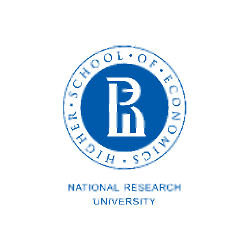Master in Business Analytics
& Data Science
Rabat, Morocco
English
2 years (Full-time)
Next Intake: October
Internship: 4+ months
International Mobility & Double Degree : Available
Programme Overview
The Master in Business Analytics & Data Science equips students with the analytical and technological skills needed to transform data into actionable business insights. The programme trains future experts to solve complex managerial challenges through data-driven decision-making, while bridging the gap between technical expertise and business strategy.
Graduates will master data analytics, machine learning, and visualization tools, while developing critical knowledge in digital strategy, agile management, and data ethics, preparing them to thrive in diverse industries from tech and finance to consulting and beyond.
Double degrees





GRADUATE TESTIMONIALS


- Hands-on learning approach with coding labs, data challenges, and real projects
- Combines technical skills with strategic business decision-making
- Preparation for industry-recognized certifications (Python, Power BI, Agile, CDMP)
- Direct exposure to companies through visits, projects, and guest lectures
- Mentoring and seminars by industry professionals
- Career services, coaching, and networking with industry partners
Core Modules
- Data Analytics & Visualization
- Machine Learning & Predictive Modelling
- Digital Strategy & Business Applications
- Agile Project Management
- Data Ethics & Governance
Skills Development
- Coding labs
- Professional certifications (Python, Power BI, Agile, CDMP)
- Simulation games & real-life data projects
- Communication, teamwork, and business storytelling
- Interactive masterclasses led by academics and data professionals
- Coding labs and data challenges for practical skill-building
- Company visits and guest lectures across industries
- Real-life datasets applied to case studies and simulations
- Collaborative projects and industry mentoring
- Internship: 4–6 months in Morocco or abroad
- Master Thesis: Focused on real-world business challenges
- Career Support: Coaching, skill-building workshops, job fairs
- Professional Exposure: Industry seminars, guest speakers, and mentoring
- Industry Network: Strong ties with tech, finance, and consulting partners
Career Pathways
Graduates are prepared for roles such as:
- Data Scientist
- Business/Data Analyst
- Machine Learning Specialist
- Digital Strategy Consultant
- Data Engineer
- Business Intelligence Manager
- Analytics/AI Project Manager








